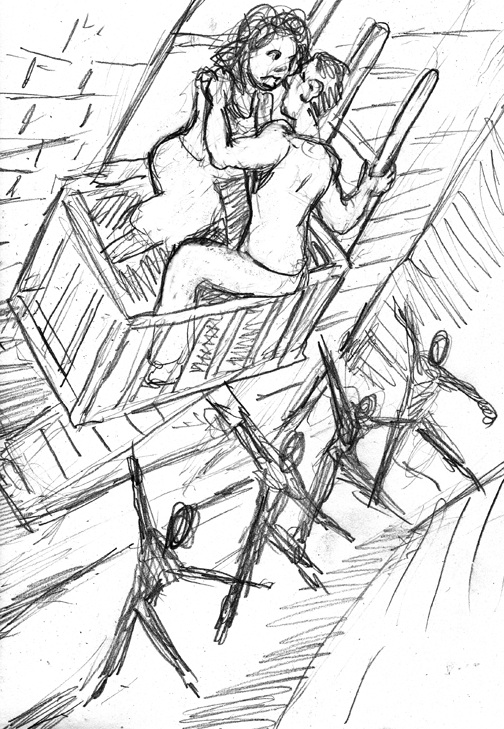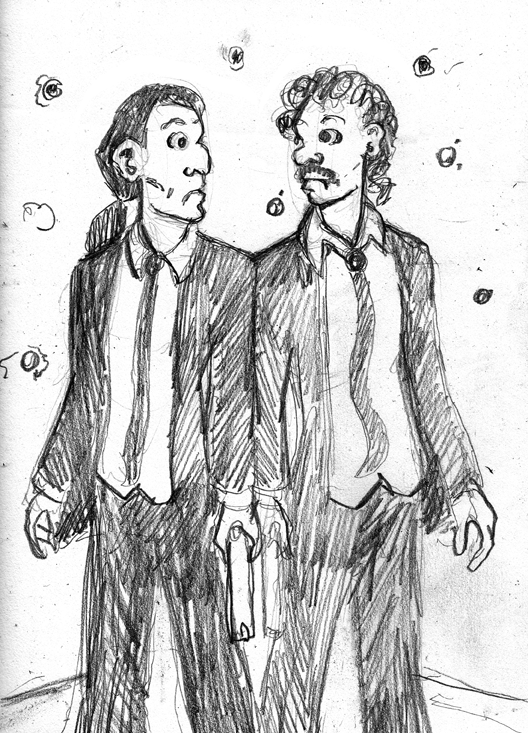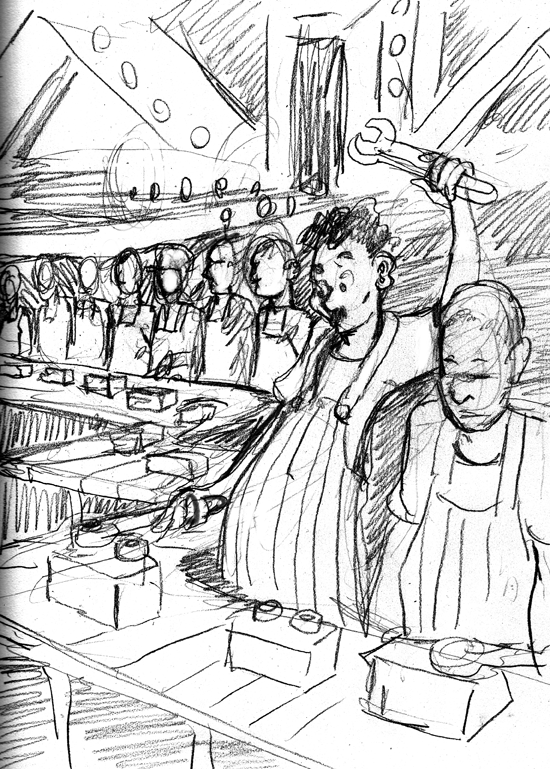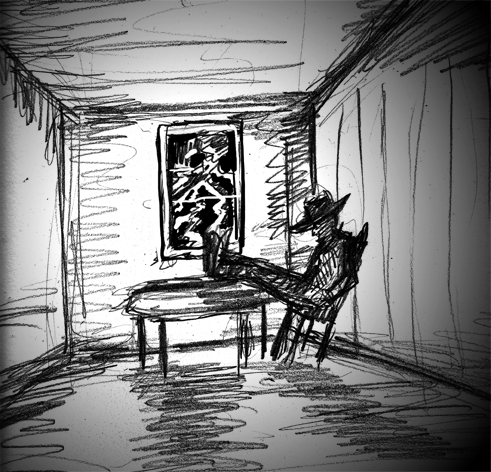This week I decided to watch were deconstructions of the samurai genre one American and one Japanese. To be honest my plan was to watch a film I’d been curious about and then found something good to pair it up with.
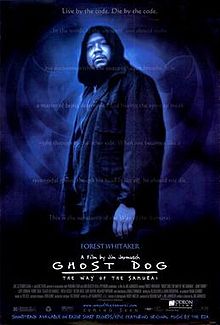 I’d been hearing interesting things about Ghost Dog: Way of the Samurai since it came out so I’d been looking forward to check it out. I’d always assumed that it was some sort of Gangster urban drama with samurai overtones and while it is it is so much more. Forest Whitaker plays the titular character, a mysterious hit man who lives by the way of the samurai. He serves as the “retainer “ of a mid level Mafioso, named Louie, who saved his years ago. Despite finding Ghost Dog’s services useful, Louie is not quite sure of what to make of this master servant relationship. When Ghost Dog’s latest hit on a made man gets “complicated” Louie’s superiors put a contract out on him and things get… interesting.
I’d been hearing interesting things about Ghost Dog: Way of the Samurai since it came out so I’d been looking forward to check it out. I’d always assumed that it was some sort of Gangster urban drama with samurai overtones and while it is it is so much more. Forest Whitaker plays the titular character, a mysterious hit man who lives by the way of the samurai. He serves as the “retainer “ of a mid level Mafioso, named Louie, who saved his years ago. Despite finding Ghost Dog’s services useful, Louie is not quite sure of what to make of this master servant relationship. When Ghost Dog’s latest hit on a made man gets “complicated” Louie’s superiors put a contract out on him and things get… interesting.
This was an interesting and at times almost surreal film that I found endlessly fascinating to watch. Whitaker himself is great playing Ghost Dog as quiet and cultured as if he doesn’t have to prove anything.
The world Ghost dog lives in is almost a fairy tail version of the inner city with strangely clownish cartoon watching mobsters, Haitian ice-cream vendors and mysterious pit bulls that show up out of nowhere just to stare at you.
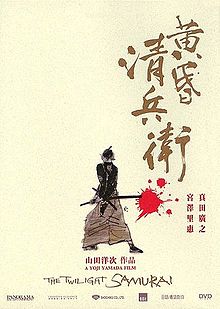 My second film on the lineup, Twilight Samurai by Yoji Yamada was nothing like what I expected. I suppose it’s because whenever I see the word samurai in a film’s title I automatically assume it will be an action film with the hero kicking ass and taking names. To my surprise In fact this is a bigger deconstruction of the samurai genre than Ghost Dog is.
My second film on the lineup, Twilight Samurai by Yoji Yamada was nothing like what I expected. I suppose it’s because whenever I see the word samurai in a film’s title I automatically assume it will be an action film with the hero kicking ass and taking names. To my surprise In fact this is a bigger deconstruction of the samurai genre than Ghost Dog is.
It is the tag end of the Tokugawa Shogunate and the Samurai class has evolved from it’s original warrior status to a primarily bureaucratic one. Senbei is a destitute widowed samurai working in a desk job in the department in charge of smoked cod. He is nicknamed “Twilight” because instead of going out to party with his colleagues he goes home to spend time with his daughters and working on sidelines to make ends meet.
When being reunited with a childhood friend leads to a duel with her drunken ex husband his superiors start taking an interest in him.
This is a surprisingly quiet slow paced film with only two action scenes (okay three). Rather then go for the usual action scenes it focuses more on Seibei’s day-to-day life, something that while hard is still loving and nurturing. Any of the fights that Seibei is forced to participate in are a threat to this. Something his superiors are unable to understand.
https://www.youtube.com/watch?v=9l-NlkGBWPc






